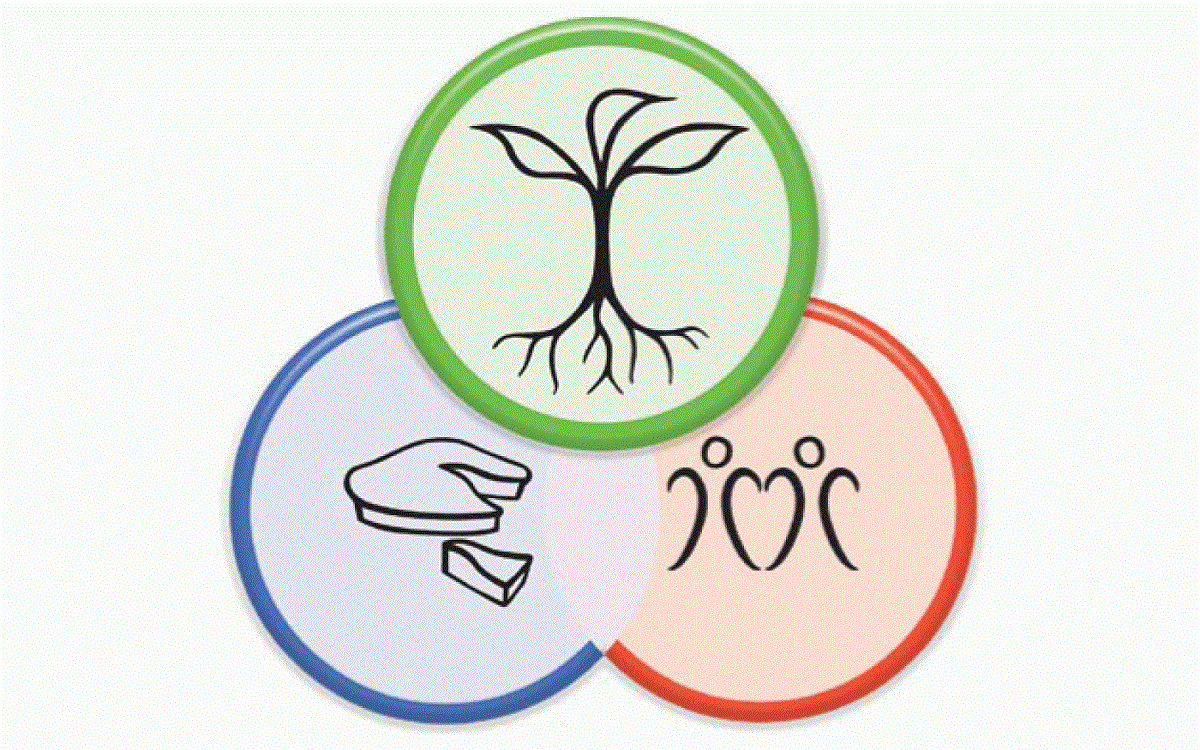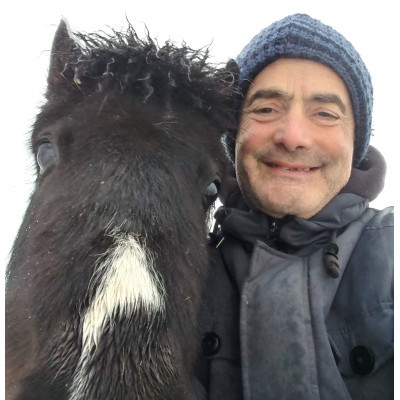History
For most of their history people lived in small groups of up to 40 individuals that were mostly self-sufficient in all their needs. They produced or harvested their food, made their tools and clothes, built their shelters. They even made some items for exchange with other groups.
To some extent these activities can be called a business - “the practice of making one's living by engaging in commerce”.
According to anthropologists, in the last 20 - 30 thousand years people also tend to specialize in their tasks. Some are good at building, others - in fishing, some in storytelling, some in managing other people.
This time is long enough for the traits to be genetically selected.
Also people have many instincts or “affinities” to natural phenomena like green spaces, water bodies, companion animals, fishing, harvesting fruits etc.
Go with nature
So to “go with the nature” of people a permacultural business should understand a natural specialization i.e. talent of each one and find a position matching this talent. Most people have more than one talent that gives even more opportunities to the business.
That means a permacultural business rather adapts to people who work in it than trying to adapt them for the business.
To let people show their talents we need to give them a certain level of freedom at work for one side, and real life challenges on another. This means delegating the control to them.
At project pace we work by projects where people choose which project they want to participate in. They are given most of the control of their projects while the management (that is also a project) coordinates between them, supplies necessary means and connects them with the outer world.
Resilience
Here is how the whole system works:
We start from the basic projects that cover some of our own needs, for example chickens, goats and sheep. If successful other projects can join: entertainment with animals, gardening using their manure. Then more projects can come: horse riding and care (based on the entertainment project), dog training (based on sheep and horse training enclosure), alpaca breeding (based on sheep project experience), food forest (based on goats and gardening), vegetable self harvest.
More projects we have - more people will come and more business we will have. If some projects don't work we can always fall back to more basic ones. In the worst case just feeding and supplying ourselves, like thousands of years ago.
.png)

